Category: Research
Research, The Scoop
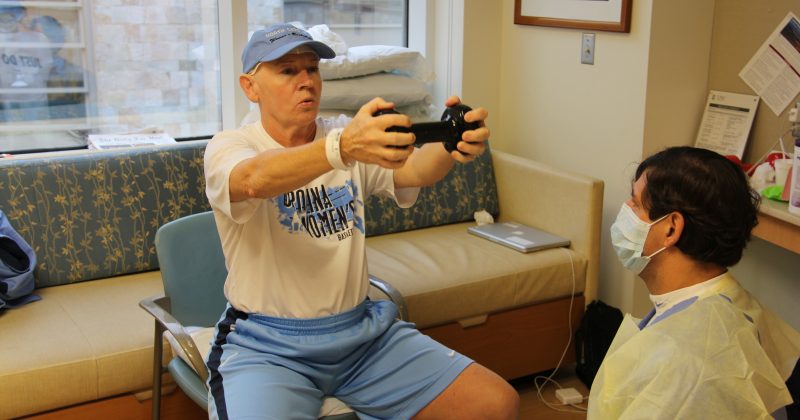
Giving Hope: Helping cancer patients realize benefits of exercise, educational therapy
Cancer patients are usually advised to rest after treatment, but a pioneering UNC program is proving that recovery is faster if patients exercise.
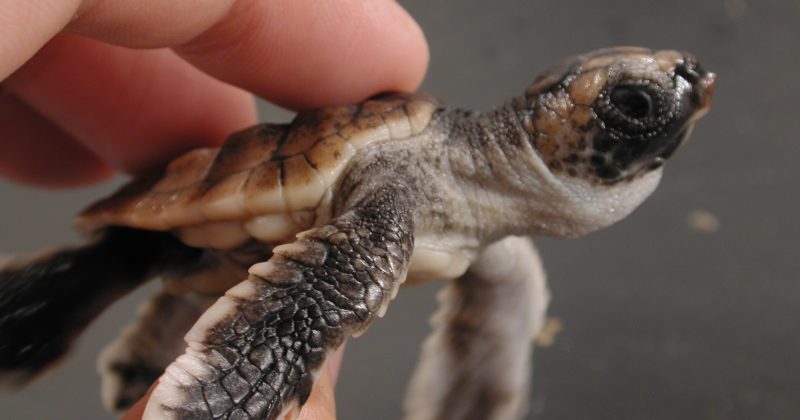
For sea turtles, there’s no place like magnetic home
Adult sea turtles find their way back to the beaches where they hatched by seeking out unique magnetic signatures along the coast, according to new evidence from UNC biologists.

Breastfeeding prepares baby’s belly for solid food
A new UNC study found that breastfeeding influences a baby’s ability to transition from milk to solid foods and may have long-term health effects.
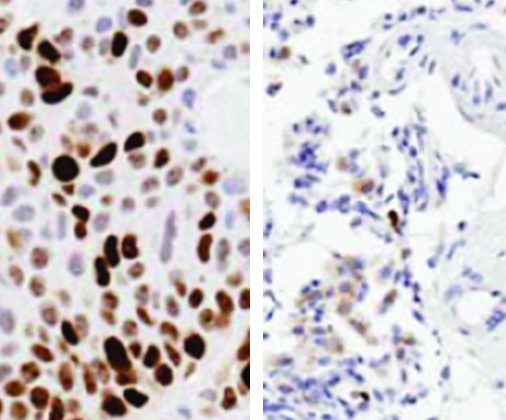
Potential pancreatic cancer treatment could increase life expectancy
UNC researchers have developed a device that could impact pancreatic cancer treatmentt: By using electric fields, the device can drive chemotherapy drugs directly into tumor tissue, preventing their growth and in some cases, shrinking them.
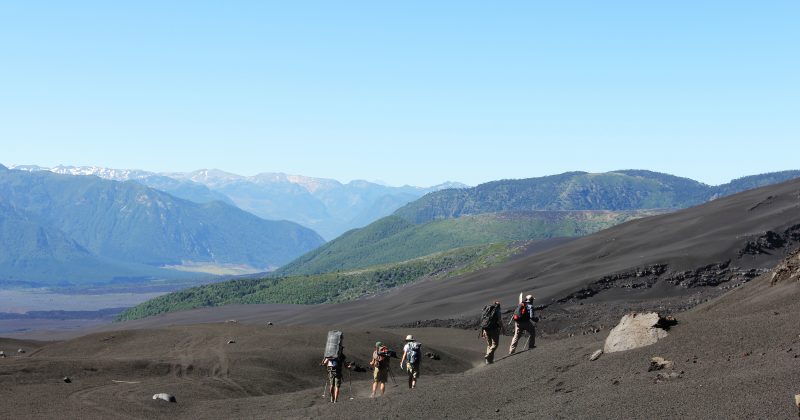
Tracking the Earth’s Heartbeats
A team of researchers uses cutting-edge technology to better predict when and how one of South America’s most active volcanoes will erupt.

Addiction science: Unraveling clues to addictive behaviors
UNC psychology researchers are looking inside the brain and testing clinical interventions to learn how drugs and alcohol affect the brain, and they are designing strategies to help break the cycle of addiction.
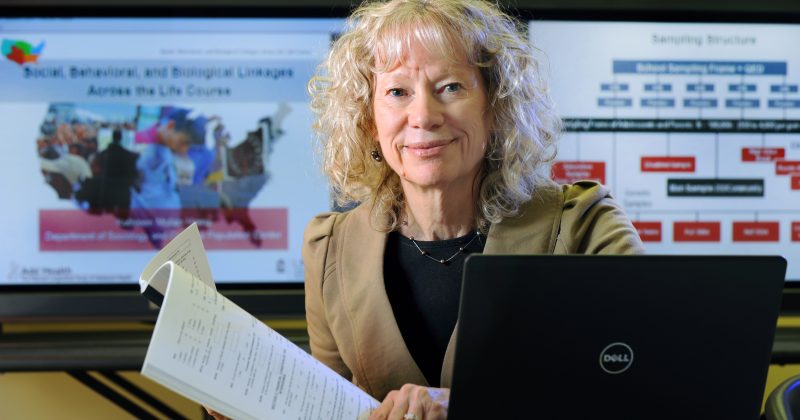
Teen Health Tracker: Connecting the dots from adolescence to aging
Imagine if we had the ability to predict how teens’ health, social experiences, genetic makeup and living environment might influence their physical state later in adulthood. That mission drives the work of sociologist Kathleen Mullan Harris.

Making a difference for schizophrenia patients
The special mentor-mentee relationship between David Penn and Dave Roberts has led to improving the social lives of schizophrenia patients around the world.
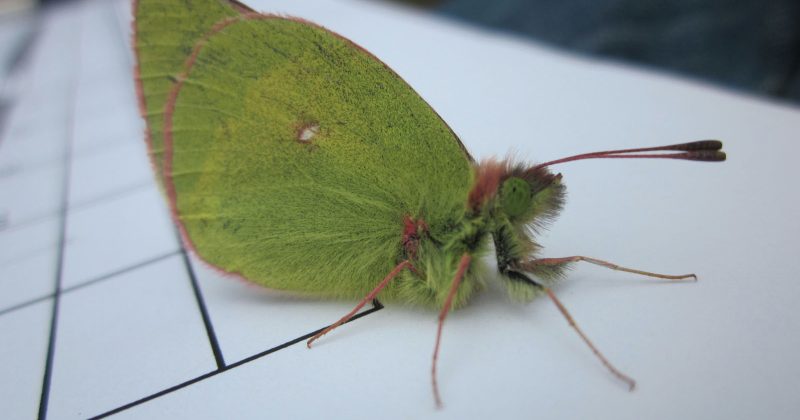
Caterpillars respond to climate change
Research by a team of UNC biologists and graduate student shows that some caterpillars are already evolving to cope with climate change.

Making solar affordable and accessible
UNC scientists are trying to find ways to bring the price of solar energy down, and make solar-power devices more practical for much wider use.
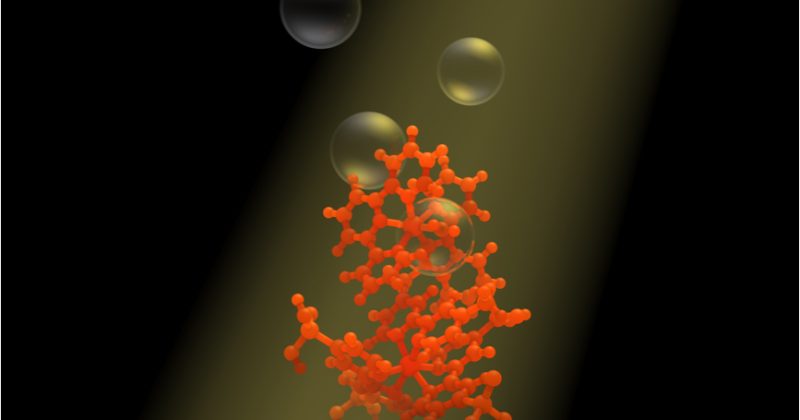
Solar breakthroughs: Harnessing the power of the sun when it’s not shining
UNC scientists led by chemist Tom Meyer at the Energy Frontier Research Center have built a system that converts the sun’s energy to hydrogen fuel and stores it for later use, allowing us to power our devices long after the sun goes down.
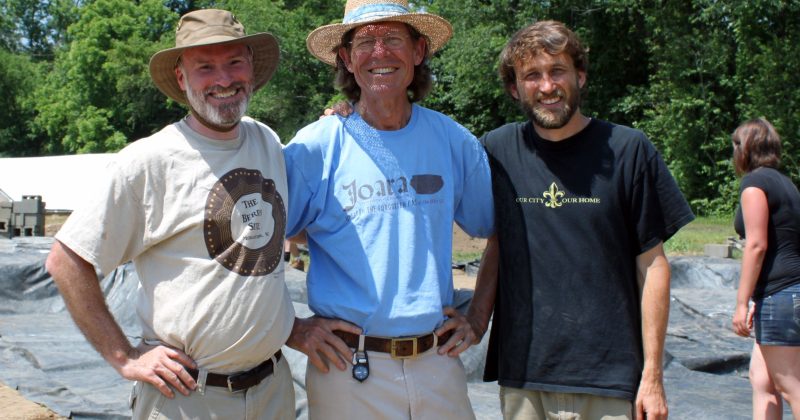
Exploring Joara: Excavating the past, shaping the future in western N.C.
Three UNC archaeology alums have uncovered the earliest European settlement in the interior U.S., near Morganton, N.C.
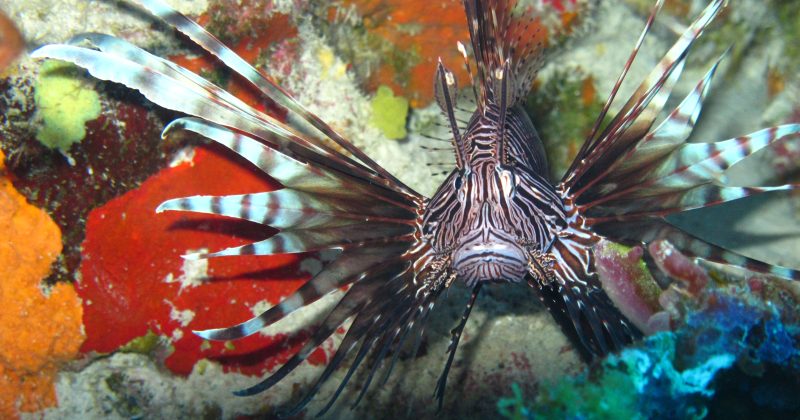
Caribbean’s native predators unable to stop aggressive lionfish
“Ocean predator” conjures up images of sharks and barracudas, but the voracious red lionfish is out-eating them all in the Caribbean — and Mother Nature appears unable to control its impact on local reef fish.
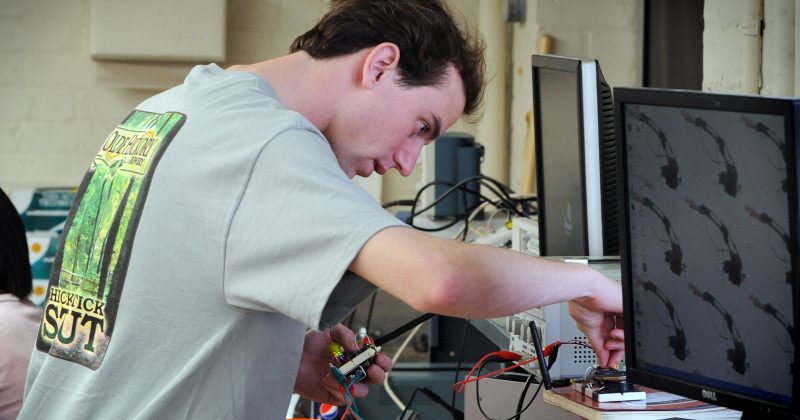
Biomedical Engineering for Undergrads
Carolina undergraduates are inventing devices to tackle real-world problems through biomedical engineering. The opportunity to study in one of the fastest-growing job fields evolved through a partnership between UNC’s College of Arts and Sciences and the School of Medicine.
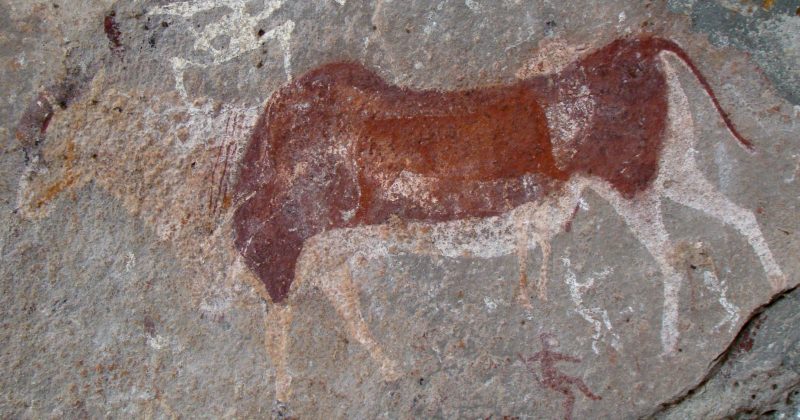
Exploring shamans and rock art in South Africa
UNC anthropologist Silvia Tomášková spent 2010 to 2011 in South Africa studying prehistoric rock art drawings as part of the research for her book, “Wayward Shamans: The Prehistory of an Idea.”

